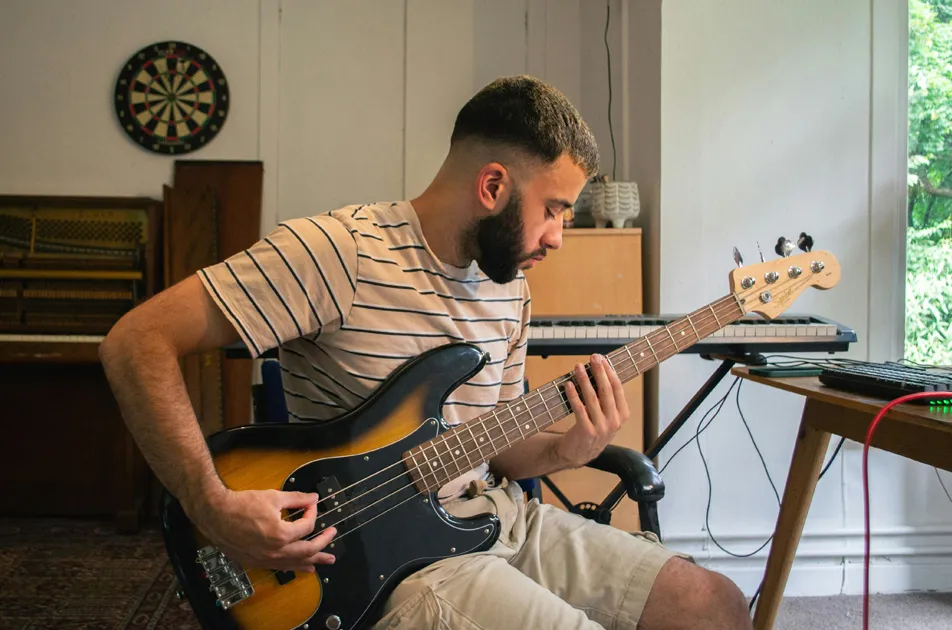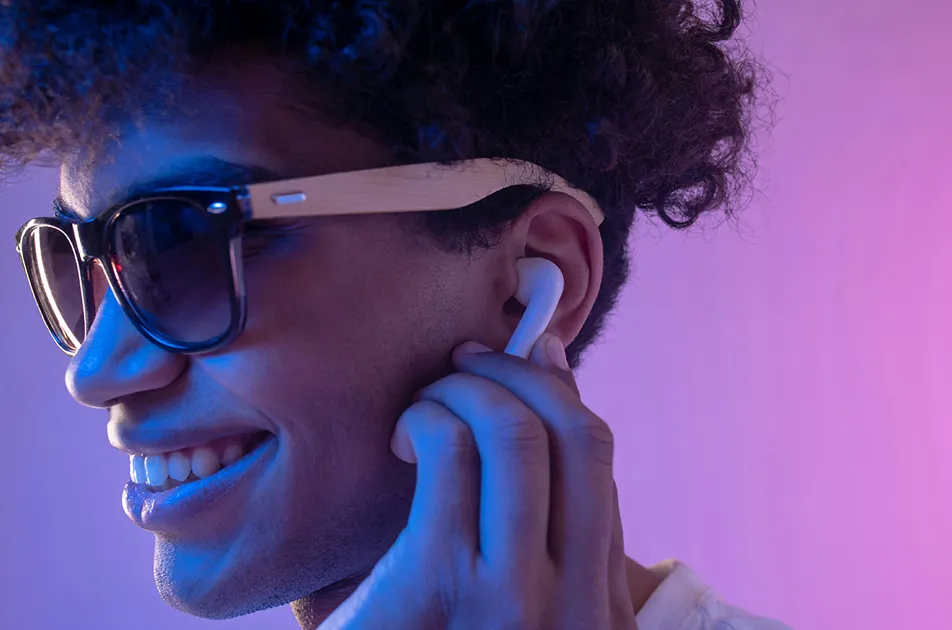There are a million songs written about virtually every topic imaginable, so why should anyone care about your music?
by James Shotwell of Haulix
Music is all about who you know. If you don’t know anyone, like most people when they start, you better be good at making connections and selling yourself. It doesn’t matter if you’re pitching music or your talent as a professional—nobody will care unless you give them a reason to pay attention. Don’t know how? No worries. I can help.
There are countless ways to gain exposure in 2022, but most will agree that playlists are the primary way people discover new music. Be it through algorithmic selections like those curated by Spotify or the trusted taste of an influencer, placement on the right playlist can change any artist’s career overnight.
But there’s a problem. Everyone who is anyone wants to be on playlists, and that means curators are inundated with requests for inclusion. The big-name talent often has little-to-no problems getting heard, but what about regular musicians? How can up-and-coming talent stand out from the overwhelming amount of competition?
Your story is unique, but you have to know how to sell your story for tastemakers to understand that.
Each day, in offices and remote workspaces around the globe, playlist curators and industry gatekeepers sift through countless songs from artists hoping they’ll give them one of the very limited spaces available on editorial playlists. Certain tastemakers specializing in mood-themed playlists may hear upwards of one hundred or more tracks with a similar theme or story in a single day.
If you want to be the ONE song that stands out from the competition, there are two factors you have to nail:
- The song needs to be GOOD. Obviously.
- You need to sell the heck out of that song.
Part one is up to you. As for part two:
The only thing separating your story of wanting to leave home and every other dreamer is how you sell it to someone else.
Start by breaking your song down to the simplest description possible.
“My song is about growing up in a small town and waiting to escape.”
Great! We have a relatable perspective that millions, even billions, can easily recognize.
The only problem is—everyone has a song about wanting to leave their hometown.
If you want to attract playlist curators, tastemakers, or anyone, you need to be more specific.
Let’s start with the “why” of it all. WHY do you want to leave your hometown?
“My song is about growing up in a small town and waiting to escape because I have big dreams.”
That’s better. You’ve narrowed the target audience slightly, but you’ve also gotten closer to your true market.
Let’s add another detail, perhaps explore WHAT made us want to leave our hometown. Was it our family, the community, or something more existential? Maybe it’s all three!
“My song is about growing up in a conservative small town and how nobody, not even my family members, can relate to your ambitions of a life outside the village limits.”
The significance of your song and your perspective on life increases exponentially with each detail we add to our story. Those same details attract entertainment gatekeepers and inspire countless passive listeners to seek out more of your music.
With a little effort, our song about growing up in a small town and waiting to escape can be sold as an epic tale of wanderlust and misadventure inspired by unfortunate yet relatable circumstances.
“My song is about growing up in a conservative small town and how nobody, not even my family members, can relate to your ambitions of a life outside the village limits. It’s about taking advantage of the opportunities presented to you and exploring them. Sometimes we will fail, but that’s okay because failure is part of the journey. What’s more important, to me, is that we try in the first place.”
A few things to keep in mind as you develop your selling power:
- You are already a storyteller. Your music proves that. Don’t let the lack of music cause you to lose confidence in yourself. The story you are telling is yours (or one you made up). Nobody can sell it better than you.
- Storytelling is a skill you never stop developing. It will take time to build great pitches, but it’s worth the effort.
- As you refine your story, always look for new angles to promote your single. Maybe the song elicits a very specific feeling or reaction from the listener. If so, there’s probably a playlist for that.
- Not all stories are created equal, and the same goes for the recipient. You may need to develop multiple pitches for a single song to maximize its reach.
Playlisting is the way of the future. Taking time out of your schedule now to develop and refine your pitching skills will expedite the promotional process down the line. Best of luck, and if you have any questions, email james@haulix.com for advice.
James Shotwell is the Director of Customer Engagement at Haulix and host of the company’s podcast, Inside Music. He is also a public speaker known for promoting careers in the entertainment industry, as well as an entertainment journalist with over a decade of experience. His bylines include Rolling Stone, Alternative Press, Substream Magazine, Nu Sound, and Under The Gun Review, among other popular outlets.





